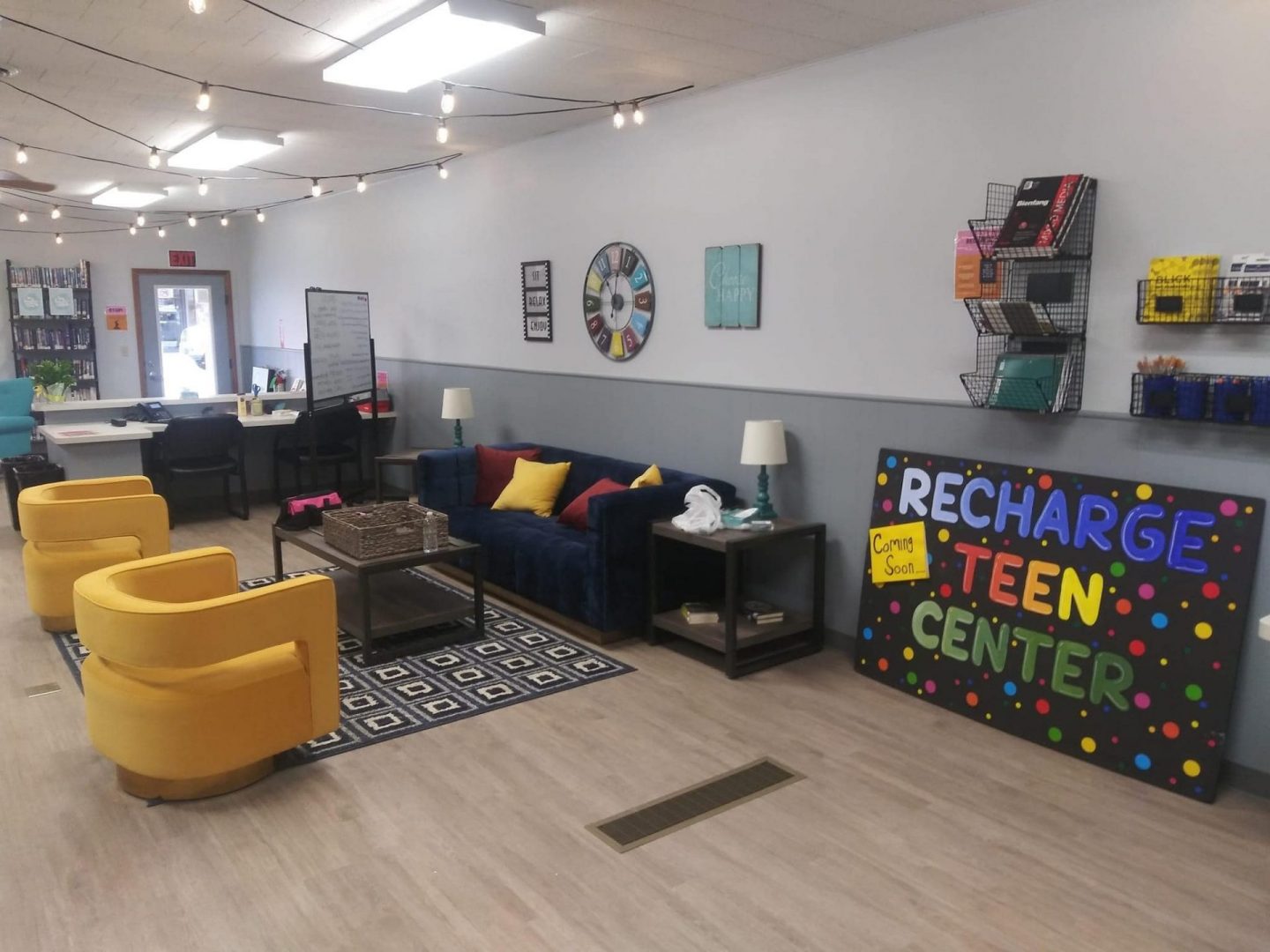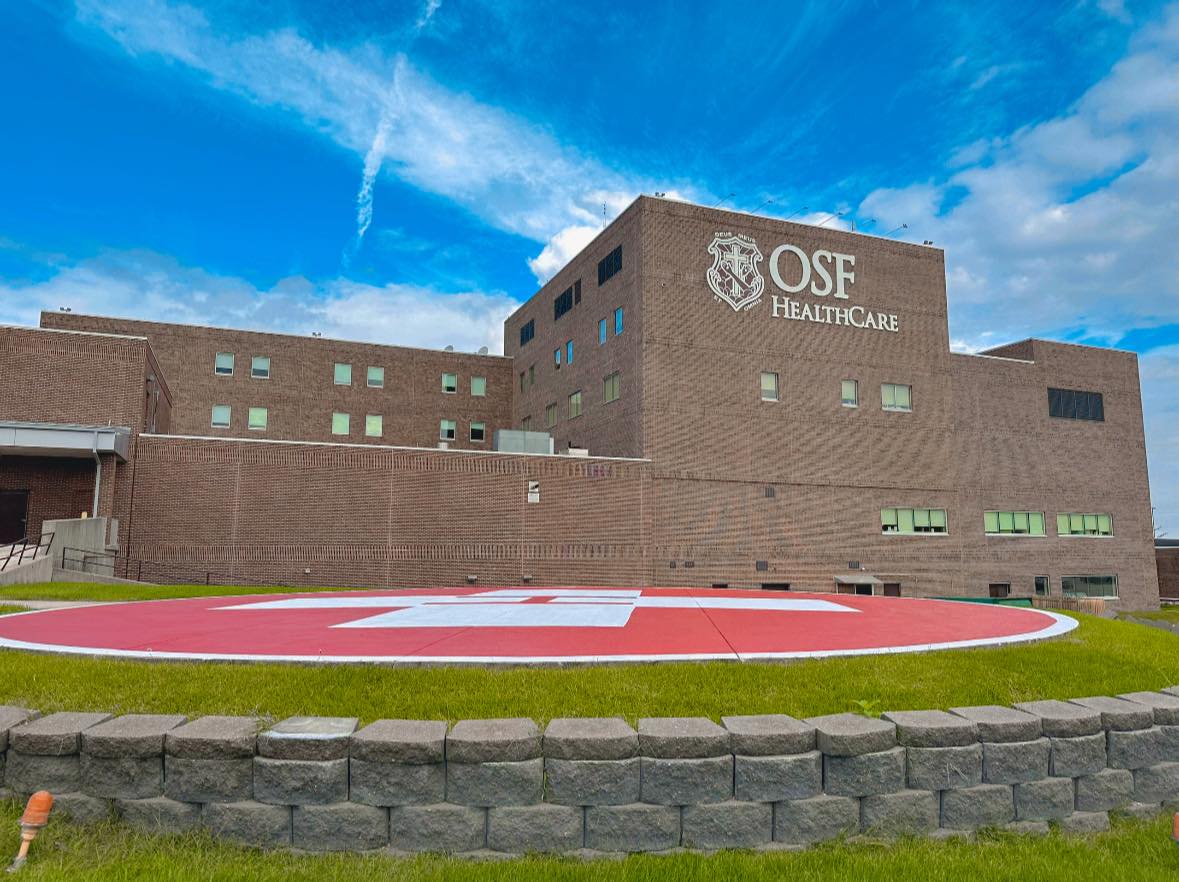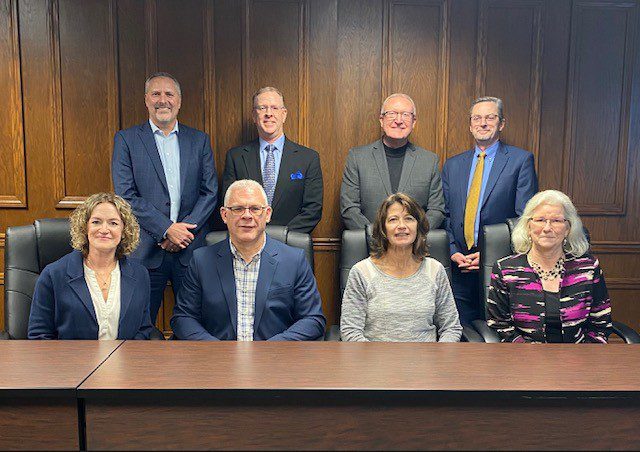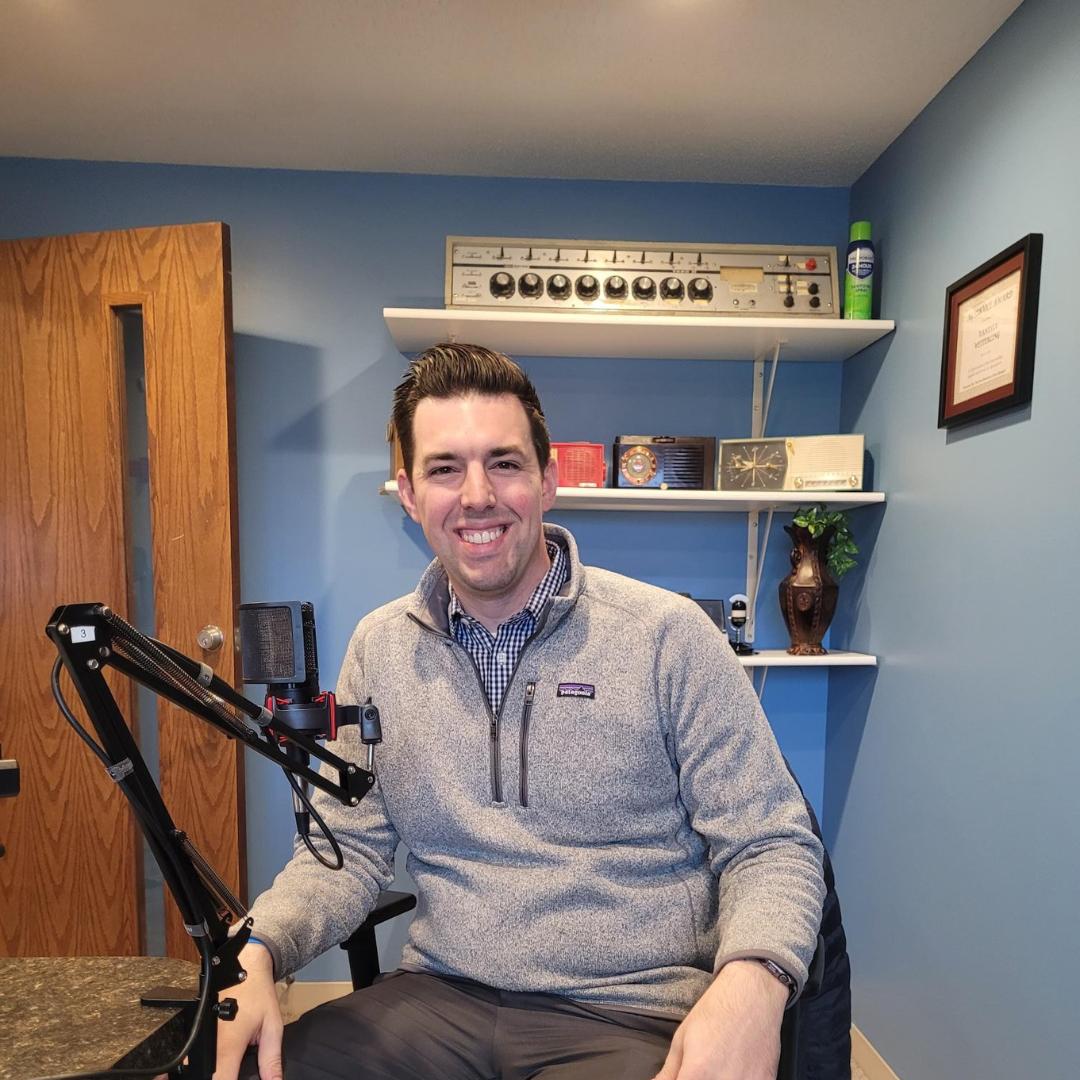A pair of series will continue at Monmouth College Jan. 30-31, when the College hosts a Great Decisions discussion forum and an Archaeology Lecture, both led by Monmouth faculty.
Anthropology professor Petra Kuppinger will take a closer look at the volatile Middle East when she leads a Great Decisions discussion at 7:30 p.m. Jan. 30 in Room 276 of the College’s Center for Science and Business.
Kuppinger will discuss how the administration of President Donald Trump has aligned itself with strongmen in Saudi Arabia, the United Arab Emirates and Egypt, which along with Israel have a common goal of frustrating Iranian expansion.
She and the Great Decisions group will attempt to answer such questions as: What will be the fallout from policy reversals such as withdrawing from the Iranian nuclear accord and moving the U.S. embassy in Israel to Jerusalem? Does the United States see a path forward in troubled states such as Syria, Yemen, Libya and Iraq? Is the United States headed toward war with Iran?
At 7:30 p.m. Jan. 31 in the Pattee Auditorium on the lower level of the Center for Science and Business, classics lecturer Alana Newman will deliver a talk titled “The Gender Performativity of Ptolemaic Queens: Evidence from the Faience Oinochoai.”
Faience oinochoai are ritual wine jugs decorated with portraits of queens from the Ptolemaic dynasty (c. 323-31 BC).
“(The jugs) provide a unique and highly gendered body of material that can improve our understanding of the ways these women held power,” said Newman, who will use the lens of third-wave feminist theory to examine the queens’ visual vocabulary.
New to Monmouth’s faculty last fall, Newman earned her undergraduate degree in classical civilizations from Ohio University. She completed her graduate studies at the University of Edinburgh in Scotland, receiving a master’s degree in classical art and archaeology and a doctorate in classics.
Great Decisions and the Archaeology Lecture series are both free and open to the public. Great Decisions is a nationwide program sponsored by the Foreign Policy Association, a non-partisan, non-governmental association that works to increase Americans’ understanding of significant foreign policy issues. Newman’s talk is sponsored by the Archaeological Institute of America’s Western Illinois Society.
***Report Courtesy of Monmouth College***















